Lately I’ve been collecting some interesting quotes and info - sharing here in case someone enjoys.
Have been on a quest to learn about eating raw honeycomb in very small quantities (obv only for those who are well established in being fat-adapted, and non-IR folks and those without food addiction issues - also, not for use in baking or cooking - as the active enzymes in honey are destroyed above 60 degrees C140 degrees F, so if you put it in hot tea, you get just sweetness and flavor, but if you let the tea cool down more, you get the bioactive compounds).
Better to eat it raw for health benefits. Traditionally in europe, honeycomb was eaten with cheese, that sounds very yummmmmy! Though I don’t have a ‘sweet tooth’ per se I do enjoy adding a sweet taste as part of my meal or my palate for some things on occasion. And erythritol and stevia just don’t sweeten certain foods right unless one uses quite a bit of them - whereas with raw honey, a dab is quite concentrated!
It’s important to know the ethics of any farmer you buy raw honey from. Some 85% of bee farmers feed the bees HFCS through winter, and rob honey from them all year (rather than just once a year, in a bee-respecting proportion, as do traditional beekeepers). Also ask if they treat their bees with Miticides for treatment of mites too. Sadly most big supermarket store honey in the US is ultra-filtered to remove the pollen and hence the ability to determine the whether honey source is legitimate or safe - and most of what is called honey is not - it’s adulterated and highly processed. However wonderful organic/authentic raw honey can be found at Trader Joe’s, Natural Grocers, and Whole Foods.
I’ve also been learning more about traditional beekeeping’s ethics vs. industrial agriculture’s, the current bee colonies collapse, and the touchstone species of pollinators in general, including the gentle & incredibly smart non-stinging Mason bees who don’t make honey, but are prodigous pollinators. I’m intent on helping multiply pollinators on my patch of land regardless of whether they produce honey or not - so am getting ready to plant some wild flowering bee pasture seed mix that does really well in my arid region, hoping to attract more pollinators!
Plus, am planning to make a keto custard/flan this Christmas - topped with traditional pine nuts, some melted ghee, and a bit of honeycomb like this:
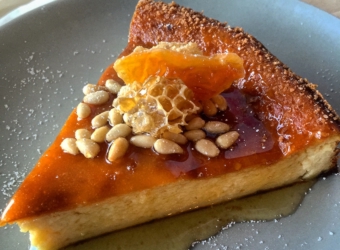
“Butter and honey shall he eat, that he may know to refuse the evil, and choose the good.” Isaiah 7:15
“You shall have enough goats’ milk for your food, for the food of your household, and the nourishment of your maids.” Proverbs 27 : 27
“Pleasant words are a honeycomb, Sweet to the soul and healing to the bones.” Proverbs 16:24
“If you find honey, eat just enough - too much of it, and you will vomit.” Proverbs 25:16
“If Jehovah delights in us, then Jehovah will bring us into this land
…a land which flows with milk and honey.”
Numbers 14:8
“And the people did rejoice and did feast upon the lambs and toads and tree-sloths and fruit-bats.”
Monty Python Book of Armaments, Chapter 2, Verse 21
“I dreamt – marvellous error! – that I had a beehive here inside my heart. And the golden bees were making white combs and sweet honey from my old failures.” ~ Antonio Machado
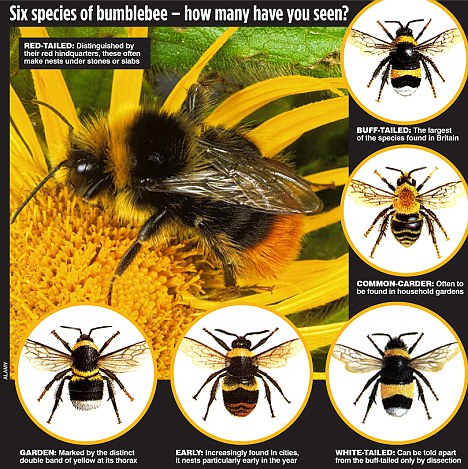
In ancient Ayurveda medicine - raw Honey is considered one of the nectars of the 5 Divine Nectars. The rejuvenating Panchamrita food is mentioned several times in the Mahabharata, and contains raw yogurt, boiled milk, raw honey, ghee, and some jaggery/unrefined sugarcane. Being that raw honey is created from the essence of a flower’s sex organs, eastern sciences say it has a natural affinity with reproductive tissue. It can also heal sore throats, eye infections, colds, coughs, ulcers, burns, and wounds. For various illnesses and constitutions, up to 5 teaspoons a day of raw Honey are recommended.
“In the small village I’m from we had a very old custom. On a child’s first day of school, the rabbi would give him a slate on which the first two letters of the Hebrew alphabet were written in honey. The rabbi asked the child to lick up the letters and go on to use the slate to learn to read and write. The child would always remember that learning was sweet like honey.” ~ Abe Opincar, Fried Butter: A Food Memoir
“There is honey in this land sweeter than any I know of, and I have cut cane in places where the dirt itself tasted like sugar, so that’s saying a heap.” ~ Toni Morrison, Paradise
"An almond grower who depends on wind and a few volunteer pollinators in this desert of cultivation can expect only 40 pounds of almonds per acre. If he imports honey bees, the average yield is 2,400 pounds per acre, as much as 3,000 in more densely planted orchards. To build an almond, it takes a bee.”
~ Hannah Nordhaus, The Beekeeper’s Lament: How One Man and Half a Billion Honey Bees Help Feed America
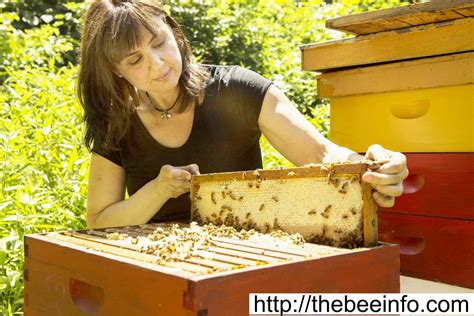
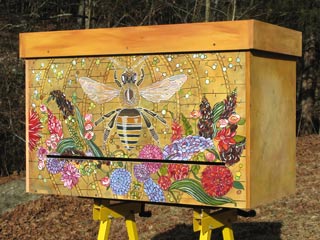

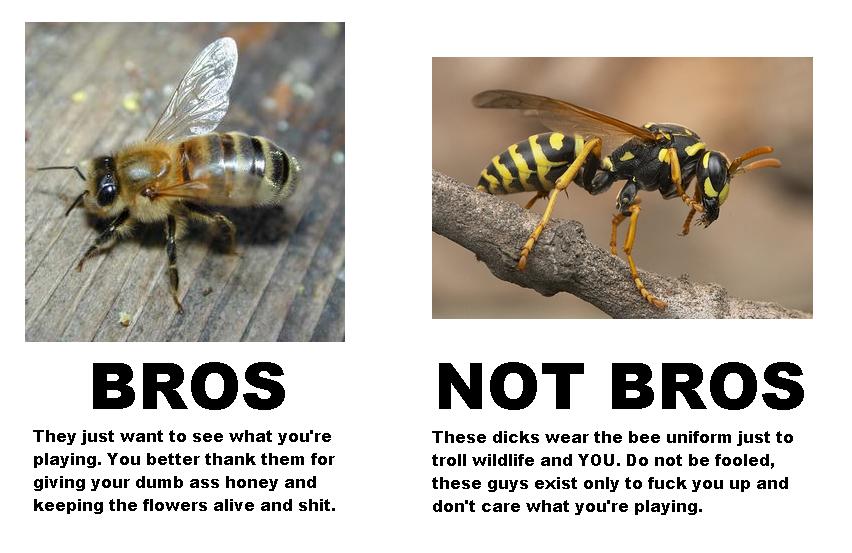

 Getting wisely “undoctored” as much as possible can be a very good thing - the recent book by the same name, Undoctored, by William Davis M.D. is in that vein. Emergency rooms are great for true emergencies - but there are many so-called emergencies that can be prevented through education on earth medicine.
Getting wisely “undoctored” as much as possible can be a very good thing - the recent book by the same name, Undoctored, by William Davis M.D. is in that vein. Emergency rooms are great for true emergencies - but there are many so-called emergencies that can be prevented through education on earth medicine.